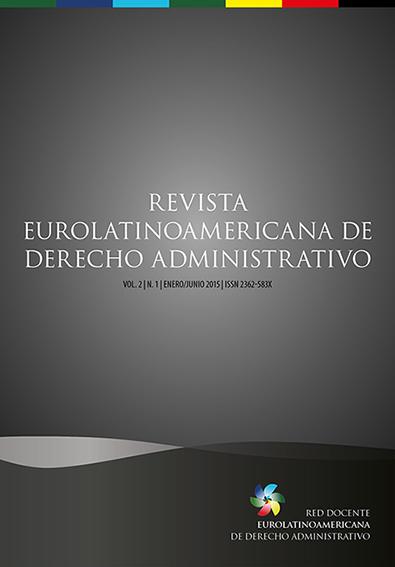The corruption that seems to be legal
DOI:
https://doi.org/10.14409/rr.v2i1.4637Keywords:
corruzione, moralità amministrativa, infrastruttura, efficenza, sviluppoAbstract
Everything that makes us feel better was created by human imagination. The notions of property and development are essential for this subject because corruption pressupposes immediately or indirectly a patrimony – public, in this case. The man is creatif. There are two kinds of human beings: those who create something – they are the entrepreneurs - and those who think that the world is available and free to be used – they are the deadweights- or, often, to be usurped – they are the predators. Both predators and deadweights are harmful, but they attempt a higher level of badness when they are public officers because the money is public and the victim is the society – they are the corrupts. It’s necessary to eliminate the corrupts, the people can do it by the vote.
References
D’AVENIA, Alessandro. Bianco come il latte, rossa come il sangue. Milano: Arnoldo Mondadori Editore S.P.A., 2010.
GRAY, Cheryl W.; KAUFMANN, Daniel. Corruption et développement. Finances et Développement. Magazine Trimestrielle du FMI. Mars, 1998.
MARTINS, José Antônio. Corrupção. São Paulo: Editora Globo, 2008.
MELLO, Osmar Alves de. Corrupção: Fonte de Injustiça e Impunidade. Brasília. L.G.E. Editora, 2009.
Downloads
Published
How to Cite
Issue
Section
License
Authors who publish in this Journal agree to the following terms:
- Authors retain copyright and grant the Journal of Constitutional Research the right of first publication with the article simultaneously licensed under the Creative Commons - Attribution 4.0 International which allows sharing the work with recognition of the authors and its initial publication in this Journal.
- Authors are able to take on additional contracts separately, for non-exclusive distribution of the version of the paper published in this Journal (eg.: publishing in institutional repository or as a book), with a recognition of its initial publication in this Journal.
- Authors are allowed and encouraged to publish their work online (eg.: in institutional repositories or on their personal website) at any point before or during the submission process, as it can lead to productive exchanges, as well as increase the impact and the citation of the published work (see the Effect of Open Access).



























.png)





